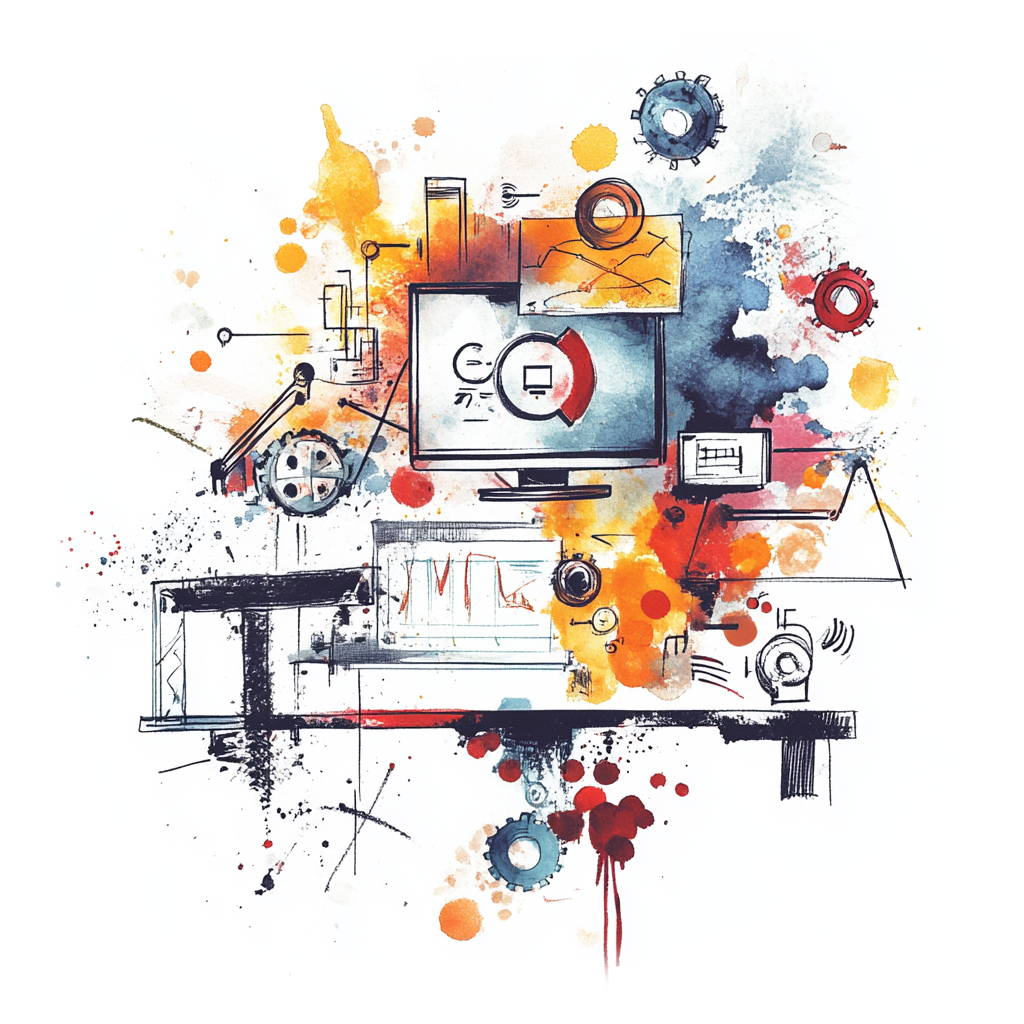Leveraging Self-Owned AI in Luxury Goods
Learn how Luxury Goods companies can leverage self-owned AI to enhance their operations and drive innovation.

Unlocking Potential: How Luxury Goods Upstream Operators Can Harness Their Own AI
In the heart of the luxury goods industry, where the attention to detail is paramount and every design choice tells a story, the way we operate can significantly influence our success. Upstream operators—those responsible for the sourcing and manufacture of raw materials—are standing on the brink of something monumental: the ability to leverage their own AI to transform operations and exceed customer expectations.
Imagine having an intelligent assistant that understands your business as well as you do. This isn't just a figment of our imagination; it’s entirely possible with the advent of self-hosted AI systems. Let’s dive into how upstream operators in the luxury goods sector can tap into this power.
AI in Action: Industry Use Cases
-
Sourcing Optimization: Picture this—an AI that analyzes market trends, supplier performance, and material availability to suggest the best sourcing strategies. By predicting price fluctuations and demand cycles, your AI can help you make informed decisions about where to source materials, saving both time and money.
-
Quality Control: Luxury goods are synonymous with quality. Imagine an AI system that can learn from past defect rates and quality reports, identifying patterns and alerting your team before issues arise. This kind of proactive monitoring can maintain product integrity and reinforce your brand’s reputation.
-
Inventory Management: An AI designed specifically for your operations can help predict demand shifts based on fashion trends, seasonal changes, and customer preferences. This means no more overstocking or understocking—a seamless supply chain that can adjust in real-time to the market.
-
Supplier Relationship Management: Communication and relationships are critical in the luxury sector. Your AI can facilitate transparent interactions with suppliers, managing contracts, tracking performance metrics, and ensuring that you always have the best partners in your supply chain.
-
Sustainable Practices: In an era where sustainability is king, your AI can analyze your current materials and processes to recommend more sustainable alternatives. This contributes to a more ethical brand image and invaluable compliance with emerging regulations.
The Perks of Having Your Own AI
Now, you might be wondering: Why should I invest in my own AI? Here’s the scoop:
-
Tailored Solutions: A self-hosted AI can be customized to understand your specific operations and challenges. Unlike generalized solutions that miss the nuances of your business, your AI learns directly from your data, making it an invaluable asset.
-
Data Security: With luxury goods, confidentiality is key. By hosting the AI yourself, you control access to your data, ensuring that sensitive information about design, sourcing, and customer preferences doesn’t fall into the wrong hands.
-
Cost-Efficiency: Although there’s an initial investment, the money saved through optimized sourcing and inventory management, as well as reduced labor costs from automating manual processes, can lead to significant long-term savings.
-
Scalability: As your business grows, so can your AI. It can be adjusted to accommodate new data inputs and provide even richer insights, evolving as your company scales.
Making It Happen: Steps to Get Your Own AI
So, how do you get started with integrating your very own AI into your operations? Here’s a straightforward roadmap:
-
Identify Your Needs: Start by pinpointing which areas of your operations can benefit most from AI. Is it better sourcing, quality control, or maybe something else? Prioritize these based on potential impact.
-
Gather Your Data: The strength of your AI lies in the data it learns from. Collect existing data on suppliers, inventory, sales trends, and anything else relevant to your operations.
-
Find a Development Partner: Collaborate with a software firm (like ours!) that specializes in building AI systems tailored for luxury goods. They can help you define the features and functionalities you need.
-
Train Your AI: Once you have your AI up and running, it’s time to train it. Feed it your historical data and allow it to learn from real-time inputs. The more data it has, the smarter it becomes.
-
Testing and Feedback: Before fully integrating your AI into operations, conduct tests to ensure everything runs smoothly. Seek feedback from team members who will be using the system. Adjust as necessary.
-
Ongoing Maintenance and Upgrades: Like any system, your AI will need regular maintenance and updates. Regularly review its performance and keep an eye out for opportunities to enhance its capabilities.
Conclusion
As luxury good upstream operators navigate a constantly changing landscape, having your own AI can be a game-changer. It promises to streamline operations, bolster innovation, and elevate product quality—all while keeping your data secure. In a world where the distinctiveness of each brand matters most, an AI tailored to your unique needs isn't just a luxury; it's becoming a necessity. Embrace this opportunity, and watch your business thrive in the age of intelligent operations.
